Sessions / Room GJ
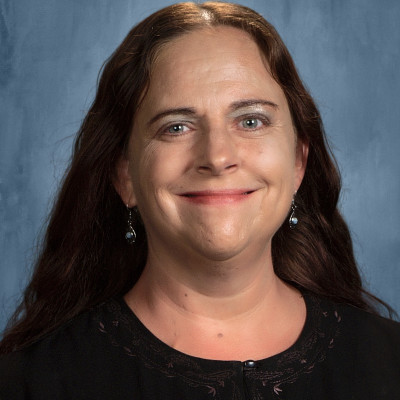
Vocabulary Instruction to Meet the Needs of All English Learners #1099
This presentation discusses principles of effective, relevant, and appropriate vocabulary instruction that can be used in face-to-face or online instruction. In determining which vocabulary to select for instruction, it is important to select items that will most benefit learners, including high-frequency, academic, and specialized content-area words. Instructional methods that intentionally incorporate repeated exposure to new information in verbal, visual, and spatial forms develop learners’ ability to memorize, store, process, and use vocabulary information needed to complete complex instructional activities in English. When students have opportunities to learn and practice different vocabulary routines, they are then able to take ownership of those that work best for them in their own student-led learning. A variety of such vocabulary activities that can be applied to diverse English language teaching contexts are shared in this presentation. Participants should expect to engage digitally during the presentation, using platforms including PollEv, BINGO Baker, and Kahoot!
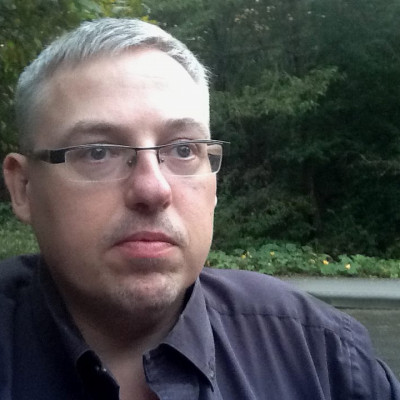
Say It Because You Mean It: Empowering Student Voice #1021
Many students have a strong desire to develop confidence in the use of their second language, but how can we support them in that seemingly intangible goal? According to many coaches, confidence is built upon a progression of practice, skill, and success. However, even – or especially – within the language classroom, there are aspects to student success that lie beyond grammar, paragraph structure, or presentation skills. We will begin this session with a brief description of the concept of "student voice" and then explore how teachers can use this concept to guide students in developing, maintaining, and building upon a pattern of success. Participants will be encouraged to share their own ideas, examples, or experiences of integrating student voice into the structure and discipline of academic writing and speaking, and will be challenged to find new ways to do so in the coming year.
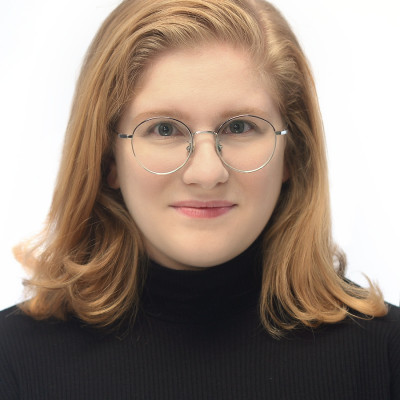
The Burnout Workshop: Strategies to Help Heal the Burn #1068
Burnout is a common experience among many EFL instructors, but it is relatively unknown how to ease, prevent, or eliminate burnout. The objective of this workshop is to provide a variety of strategies that teachers can use to alleviate their feelings of burnout. These strategies have been collected from scholars such as Christina Maslach, Michael Leiter, Richard Davidson, and Tammy Gregersen, in addition to the valuable knowledge and experiences shared by real teachers in their own published works. Strategies collected are broken down into five categories, including authentic self-care, self-awareness and improvement, relationships, technology, and books. Participants will engage in four different interactions. Each interaction will provide an opportunity for participants to think about the practical application of these strategies at home and in the workplace using the provided workbook. The workshop will conclude with a reflective activity in which each teacher will create their own burnout recovery plan.
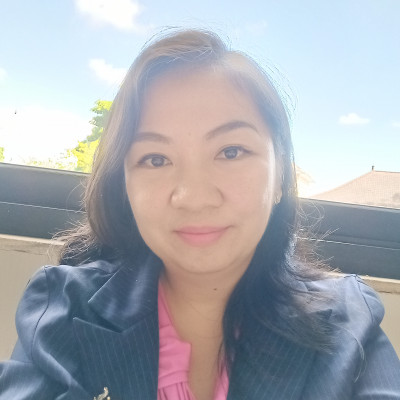
The Use of the ASRI Method in Teaching English for Hospitality #999
The objective of this research was to introduce an innovation in the teaching of ESP in the hospitality context. This work was based on research and development and consisted of three stages, namely the determination of the problem stage, the design stage, and the development stage. The research used a mixed-methods approach. At the preliminary stage, verbal data were classified and analyzed qualitatively. At the design stage, the results of the analysis were applied to a design called ASRI. The ASRI method was implemented in a tourism school using an experimental group and a control group. At the development stage, the learning outcomes of the two groups were compared and analyzed quantitatively. The results of the t-test showed that the experimental group's achievement was significantly greater. Thus, the ASRI method was proven to be effective in improving the speaking skills of students in the hospitality field.

My Student Just Wants to Chat! Are They Learning Anything? #1113
This is a presentation of my own research into online 1:1 general-purpose speaking classes with adults. I'll present a few recorded extracts of moments when a correction or repair-initiation was launched and encountered trouble. First, we'll analyze these extracts through a traditional SLA lens and then analyze the same extracts through a more social/ethnomethodological lens (as is the trend in many journals these days), compare the findings, and consider which approach is more relevant to different contexts.
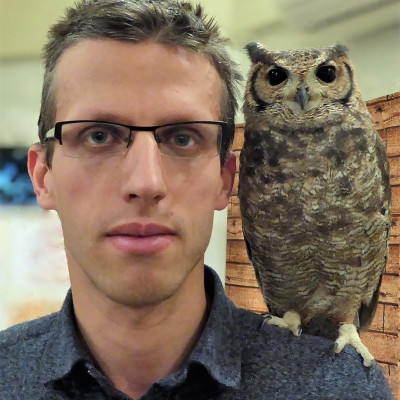
Teaching English for Special Purposes with (Self-Developed) Corpora #1116
Language for special purposes can pose a challenge on multiple levels. This workshop will introduce the potential, methods, and ease of applying both self-compiled and already-available (collections of) texts and concordancing tools in the language classroom. We will show how corpora can be easily and quickly analyzed with freely available software for in-class data-driven learning and informed materials development that can complement the language curriculum as well as self- and remedial teaching. Drawing on concrete examples from two genres, namely legal documents and cookbooks, we shall see how such tools can reveal a plethora of information about the lexis, grammar, information structure, and cultural associations in the genres investigated, which often differ from the conventions and principles of “general English." The concrete examples from culinary and legal English will demonstrate the pertinence and ecological validity of corpus-driven learning that can go far beyond the relevance of the coursebook.
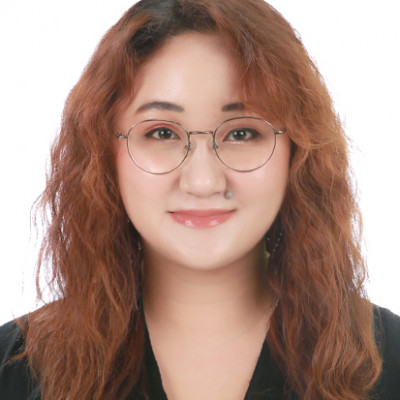
Inducing Creativity in Young Learners: Building 21st-Century Skills Using Technology #1109
Integrating technology into the EFL education curriculum in Korea has become an increasingly important balancing act, especially in the midst of a pandemic. Research has shown various opinions on the appropriate amount of technology to integrate to create a curriculum that fosters the development of 21st-century skills that would support language development. Several studies have shown that there have been several key issues preventing teachers from fully utilizing these tools to develop students' 21st-century skills. These problematic areas include finding the right technology tool to use, teacher knowledge of technology, adaptation into the current curriculum, and administrative support. What this workshop hopes to accomplish is to provide some practical ways you can combine techniques of your own creativity and the use of technology you may currently have in your classroom. The workshop will focus on developing skills in creativity, collaboration, communication, and critical thinking for elementary school students.

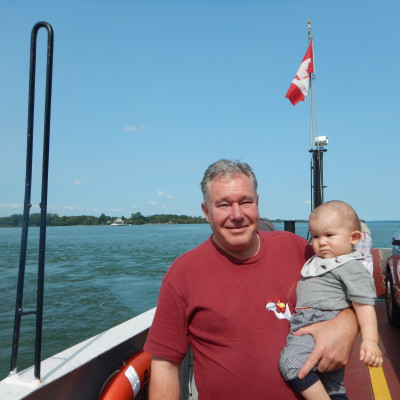
Feedback on Student Performances During Difficult Times: ELT in ERT #1084
Because of COVID-19, many ELT teachers have had to teach classes online as ERT (emergency remote teaching). Aside from technology, three major ERT problems are motivation, class cohesion, and feedback. This workshop will introduce a performance activity, Living Newspaper Readers Theatre (LNRT), that will address these three problems. It will first describe what LNRT is and then how to do it, with examples of performances and how they build motivation and class cohesion. The latter part of the workshop will concern how to effectively give online feedback about performances. Specifically, we will show examples of rubrics and discuss how they can be used for giving students feedback, training them about what to look for when giving each other feedback, and how to articulate such feedback to peers. The examples in this workshop were optimized for ERT but can be done face-to-face, and indeed have been for the last ten years.
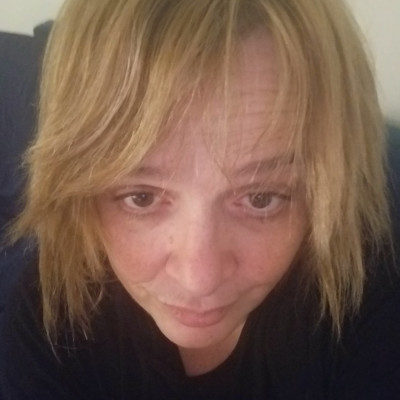
Touch the Scraps: Analog Collages and Art Journal in ELT Classrooms #1088
The pandemic has challenged our patience, balance, and motivation. This workshop is composed of various activities and simple techniques to help us be more resiliant and inspiring when we speak to a class or a group. Social communication skills, drama, and improvisation together with creative writing and free mental association will be important aspects of a workshop that aims to include everybody. The key part will be dedicated to art therapy and collage applied to ELT for children and adults.

Online Contents Are Power. You Want the Power #1086
You’re surrounded by content in all these forms whenever you’re online (and also offline sometimes). It’s not simply a matter of choosing a cool new video or an interesting image in a smart Instagram account or on Pinterest. It's all about your purposes. Images are fundamental in our contemporary world. We'll have a practical, precise taste of challenging visual literacy for teachers and learners.